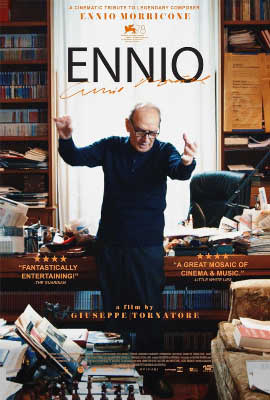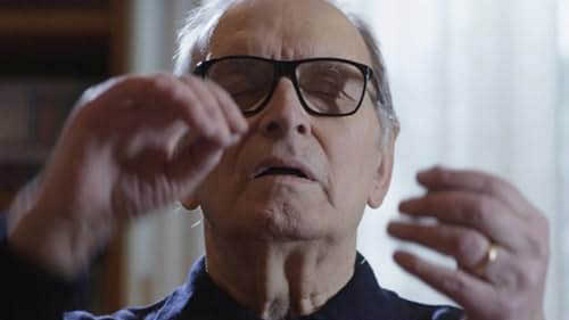
Director: Giuseppe Tornatore
Year: 2021
Rating: 8.0
Year: 2021
Rating: 8.0

